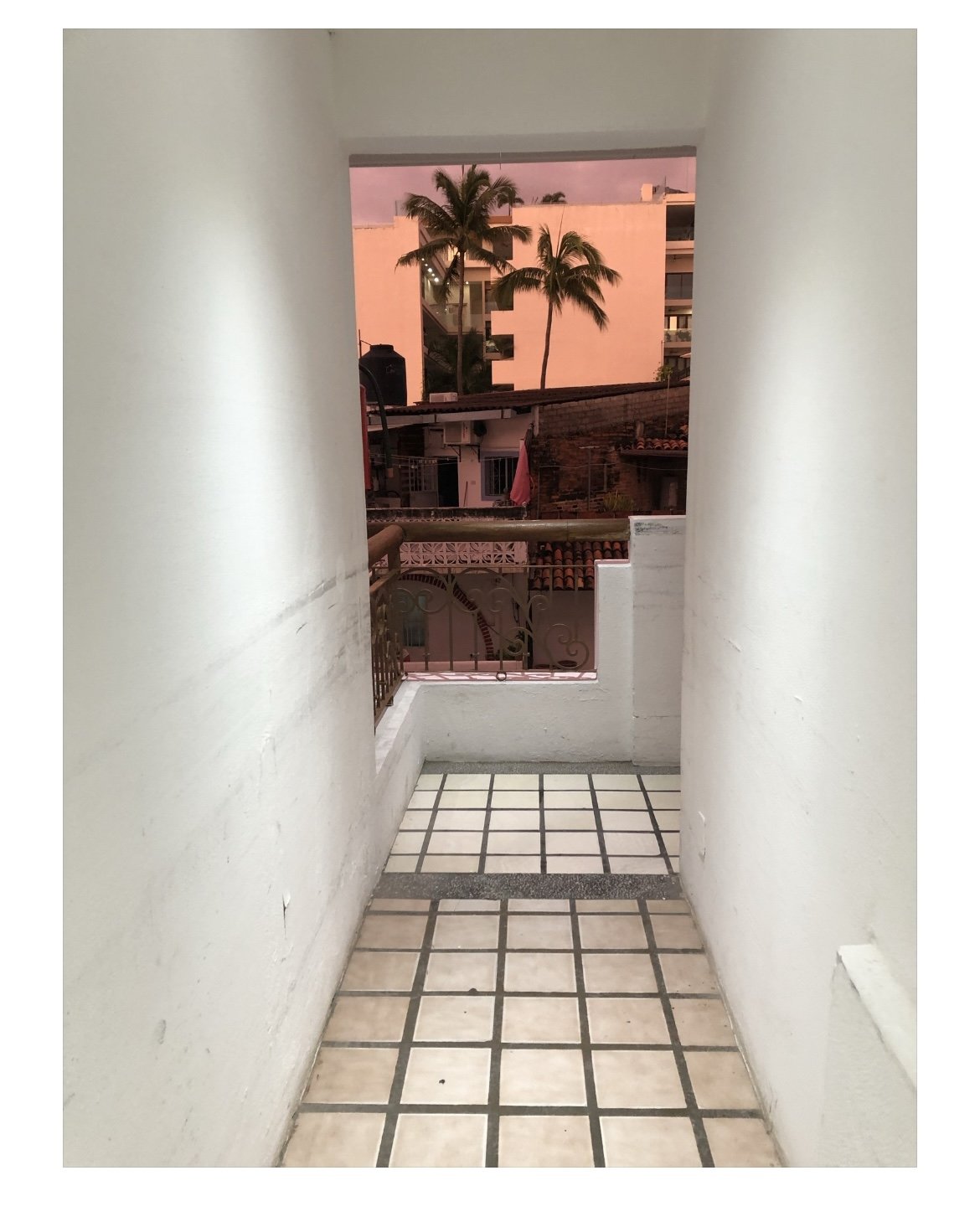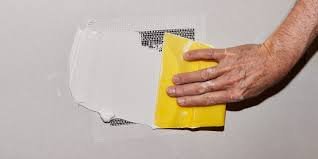Walter Brueggemann says hope is often grounded in memory. I remember the strange joy I felt amidst my cancer journey. I hoped for a return to what I knew of life – a hope grounded in memory. I wanted my old life back. Research on disaster victims has documented the tremendous sense of hope as they formulate plans and actively work to return to something they know. Rebecca Solnit[1] is a writer prying into the 'hidden, transformative histories inside and after events we chronicle as disasters.' We are forced to find hope in times of uncertainty. Just as the practice of yoga hones in on our breath lest we forget, so do times of stress remind us to hope lest we perish. We can forget to hope, and crisis can re-activate hope.
In an almost playful way, in times of uncertainty and crisis, we breed a particular sort of hope – this 'do or die' sport of the mind happens when we can't imagine any sucky, romantic future . So we must replace it with a hope rooted in memory or past experience.
Advent calls us to hold our breath in anticipation - as we have in the FIFA World Cup penalty shootouts, the recent Nasa landing, waiting upon results of a scan or simply awaiting forecasted snow. Being a grown-up doesn't mean that you don't feel breathless but that your story informs you, i.e. you will breathe again.
I wonder at the harm done by the Hallmark storybooking of Advent. Fifteen sleeps until Christmas. The carols. The Santas. The elves on the shelves. Many can't identify with a 'home for the holiday' hologram. Brueggemann's comments make me curious. How much of our Advent vibe is founded in memory?
I am struggling to find a rhythm this Advent. I had tea with a friend who was so enjoying the season and her special devotions and spiritual practices. I felt rather lame. My church traditions have not pushed the Advent calendar. Nothing has caught my eye or my passion. In fact, because I spent many years in a non-Advent practicing spiritual community, I suffer with a blocked Advent artery. The implementation of a prosperity-style gospel offered a manufactured hope when all else failed. I didn't have to pull on my memory parachute but merely recite a bible verse like 'all things work together for good….' and you know the trick. As I rewrite my hope thesis, Mr.Brueggemann has given me something upon which to dwell. Being a theological simpleton, this might be enough to kick-start my Advent engine.
The amazing thing about our communities of faith, evident in our common life, is that memory produces hope in the same way that amnesia produces despair. Ponder that: memory produces hope. We Jews and Christians are people who recall the defining memories and miracles of their lives. We hope in and trust the God who has done these past miracles, and we dare to affirm that the God who has done past acts of transformation and generosity will do future acts of transformation and generosity. By a profound, elemental, and unshakable trust, Jews affirm that the deep loss of Jerusalem did not disrupt God's power and resolve in the world. By a profound, elemental and unshakable faith, Christians affirm that the deep loss in the death of Jesus did not disrupt God's power and resolve in the world. And that is the key issue in hope. If our embrace of God's past is thin, we may imagine that God is now defeated. If our embrace of God's past is thick and palpable, we will continue to trust in that same God.
Suffering Produces Hope Walter Brueggemann[2]
And so, I scour my memory bank for the gems of hope. Maybe the times that I felt the incarnational rousings and yet thought were just 'throwaways' – a conversation on the bus, a night babysitting somewhere or an ordinary meal with friends.. Even a particular movie scene can create a hope memory. All have a role in forming memory to register hope. We have a colossal catalogue of stories and events that comprise our library of hope. Get on with your remembering this Advent!
[1] https://www.theguardian.com/books/2016/jul/15/rebecca-solnit-hope-in-the-dark-new-essay-embrace-unknown
[2] Walter Brueggemann Edited text of a paper presented in Baltimore, MD on April 2, 1998, on the occasion of the Dr. A. Vanlier Hunter, Jr. Memorial Lecture, sponsored by the Institute for Christian and Jewish Studies.















